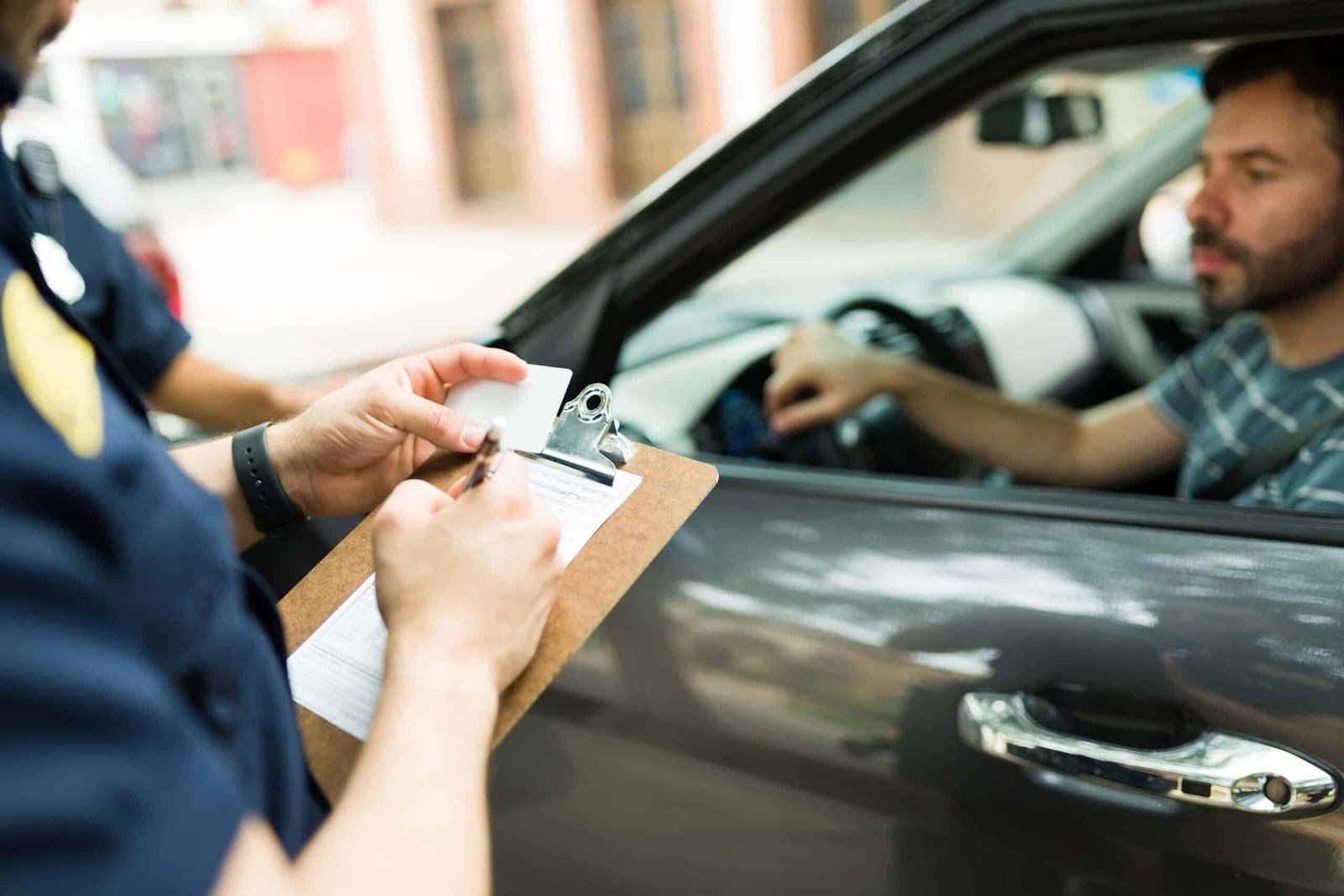Yes, it is illegal to drive with an expired license. Penalties vary by state but can include fines and vehicle impoundment.
Driving with an expired license is a serious offense. It’s important to renew your license before it expires to avoid legal issues. Many states offer online renewal options to make the process easier. Failing to renew can lead to hefty fines and even impoundment of your vehicle.
Law enforcement officers can pull you over for this violation, affecting your driving record and insurance rates.
Legal Issues
Driving with an expired license is considered a traffic violation. Police officers can stop you if your license has expired. This can lead to a citation or even an arrest. The severity of the violation depends on how long your license has expired.
- Less than 30 days: Minor violation
- 30-90 days: Moderate violation
- Over 90 days: Major violation
Fines for driving with an expired license vary by state. Below is a table summarizing potential fines:
| Days Expired | Potential Fine |
| Less than 30 days | $50 – $100 |
| 30-90 days | $100 – $200 |
| Over 90 days | $200 – $500 |
Read Now: Is It Illegal to Eat And Drive?
Insurance Consequences
Insurance policies are contracts. These contracts have strict terms and conditions. One such condition is maintaining a valid driver’s license. If your license expires, your policy can become invalid. This means your insurance provider may not cover you. They can refuse to pay for any damages or losses.
With an expired license, filing a claim can be tricky. Insurance companies can deny claims easily. They view driving with an expired license as a violation. This violation can be grounds for claim denial. Even minor accidents can lead to denied claims. This leaves you responsible for all costs.
Read Now: It is Illegal to Drive beside a Motorcycle?
Court Appearances
It’s wise to have a lawyer by your side during court appearances. A lawyer can explain the legal process clearly. They can also help reduce potential penalties.
Legal representation can make a big difference in the outcome of your case. Without a lawyer, you might miss important details that could help you. Lawyers understand the law better than most people.
Penalties for driving with an expired license vary by state. Here are some common penalties:
- Fines ranging from $50 to $500
- Points added to your driving record
- Possible jail time, especially for repeat offenders
Below is a table summarizing possible penalties:
| Offense | Penalty |
| First Offense | Fine, points on record |
| Second Offense | Higher fine, possible jail time |
| Third Offense | Even higher fine, likely jail time |
Many states use a points system to track driving offenses. Accumulating points can lead to penalties. Driving with an expired license can add points to your record. This can increase insurance rates and lead to further penalties.
| Offense | Points Added |
| Expired License | 2-4 Points |
Read Now: Is It Illegal to Drive With a Cracked Windshield?
State-specific Laws
Each state has its own regulations for driving with an expired license. Some states impose heavy fines, while others may only issue warnings. Knowing the specific laws in your state is crucial.
| State | Penalty for Expired License |
| California | Fine of up to $250 |
| Texas | Fine of up to $200 |
| Florida | Fine and possible jail time |
Many states offer a grace period for renewing an expired license. This period allows drivers to renew their license without facing penalties.
- California: No official grace period
- Texas: 20-day grace period
- Florida: 30-day grace period
How To Renew License
Gathering the right documents is the first step. Here’s a list of what you need:
- Proof of Identity: Passport or birth certificate.
- Proof of Residency: Utility bill or lease agreement.
- Social Security Number: Social Security card or tax document.
- Current Driver’s License: Your expired license.
Make sure all documents are valid and not expired.
Next, follow these steps to complete the renewal process:
- Visit Your Local DMV: Find the nearest DMV office.
- Fill Out the Application: Complete the renewal form.
- Submit Documents: Hand over the required documents.
- Take a Vision Test: Ensure your eyesight meets the requirements.
- Pay the Fee: The fee may vary by state.
- Receive Your New License: Your new license will be mailed to you.
The entire process usually takes a few hours.
Check the DMV website for specific details.
Read Now: Is It Illegal to Drive With Headphones on?
Can You Drive With An Expired License If You Renewed Online?
If you’ve renewed your license online but haven’t received the physical card yet, you typically can still drive legally in most states, but there are conditions. Many states offer a temporary license or receipt as proof that you’ve renewed your license. This document is usually valid for a specific period (e.g., 30 or 60 days), allowing you to drive while waiting for the new card.
However, if you don’t have this temporary document and your old license is expired, you’re technically driving with an invalid license, which could lead to penalties if you’re pulled over.
Conclusion
Driving with an expired license can lead to legal trouble. It’s crucial to renew your license on time. Ensure you’re always compliant with local laws to avoid penalties. Keeping your license current is not only legal but also ensures safety.
Stay proactive and responsible by regularly checking your license’s expiration date.
Read Now: Is It Illegal to Drive Without Your License on You? Find Out Now


